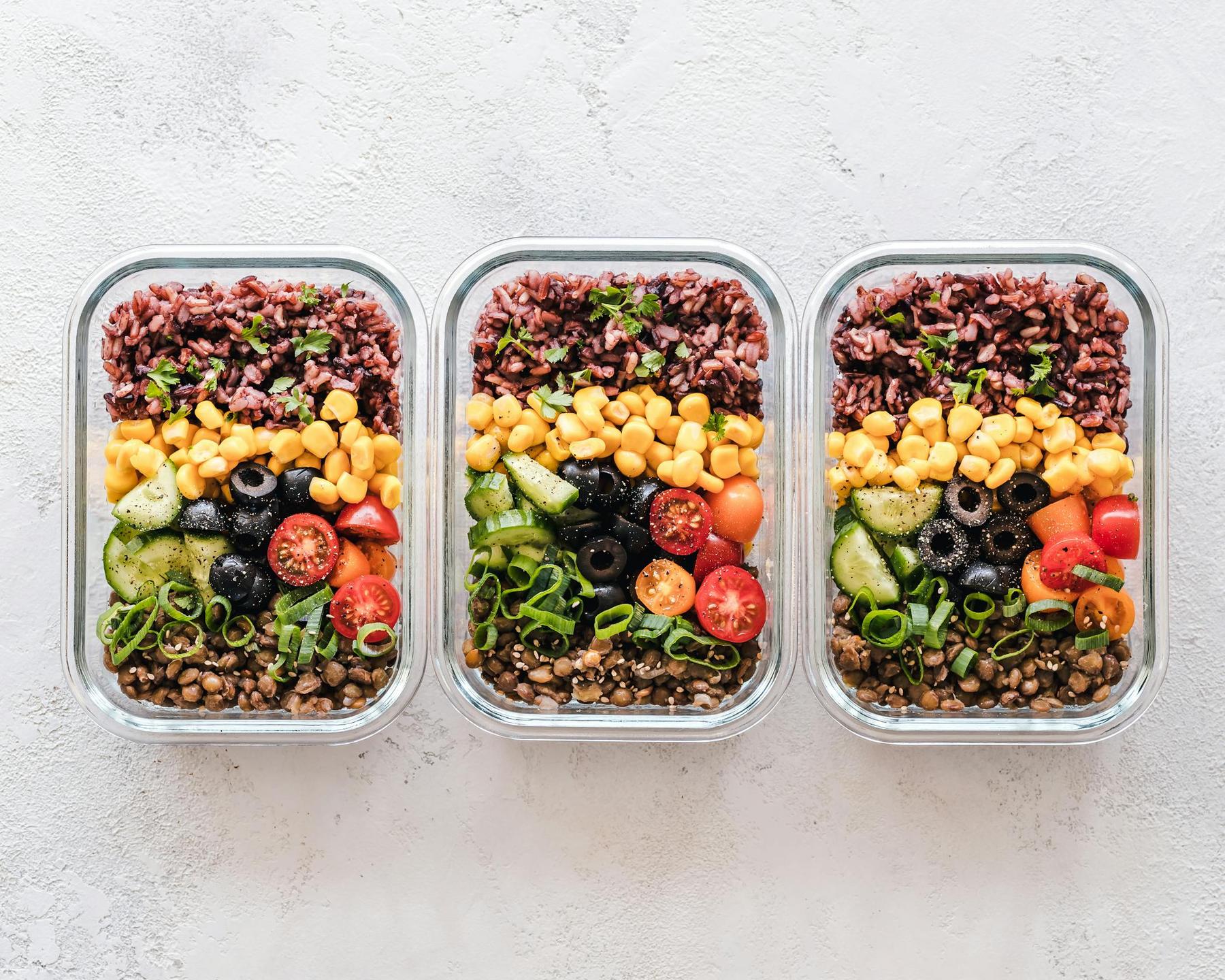In the world of weight management, the promise of rapid results often overshadows the proven benefits of patience. Many Australians find themselves caught in cycles of dramatic weight loss followed by disappointing rebounds, leaving them disillusioned and questioning whether sustainable weight management is truly possible. Yet extensive research confirms what healthcare professionals have long advocated: gradual weight reduction—typically 0.5-1% of body weight per week—offers the strongest foundation for lasting success. This evidence-based approach aligns with how our bodies naturally adapt to change, creating a pathway to sustainable health that extends far beyond temporary aesthetic improvements.
What Makes Slow Weight Loss Physiologically Superior?
The human body responds to significant caloric deficits as though facing a survival threat, triggering protective mechanisms that fundamentally alter metabolism. Research demonstrates that rapid weight loss often prompts a disproportionate metabolic slowdown, with resting energy expenditure decreasing by up to 23% in some cases. This metabolic adaptation creates an uphill battle for maintaining weight loss.
In contrast, gradual approaches allow for incremental metabolic adaptation. Meta-analyses comparing these methods show that participants who lose weight slowly maintain a 12% higher resting metabolic rate after 12 months compared to those following very-low-calorie diets. This preservation stems primarily from better muscle retention—a critical factor in maintaining a healthy metabolic rate.
Hormonal regulation further distinguishes these approaches. During gradual weight loss, leptin and ghrelin levels—hormones controlling hunger and satiety—remain more balanced, reducing the intense hunger signals that often sabotage weight management efforts. Research from 2023 found that participants following measured weight loss protocols experienced 34% fewer episodes of severe hunger compared to rapid-loss groups.
How Does Weight Loss Speed Affect Body Composition?
The composition of weight loss—whether from fat or lean tissue—significantly impacts long-term health and weight maintenance. This distinction represents one of the clearest advantages of measured approaches.
| Comparison Factor | Slow Weight Loss (0.5-1% body weight/week) | Rapid Weight Loss (>1kg/week) |
|---|---|---|
| Fat-to-Muscle Loss Ratio | 7:1 (more fat loss relative to muscle) | 3:1 (higher proportion of muscle loss) |
| Lean Mass Retention | Preserves approximately 95% of lean mass | 20% more muscle loss |
| Metabolic Impact | Maintains higher calorie-burning capacity | Reduced resting energy expenditure |
| Long-term Function | Better strength and physical function maintenance | Greater risk of functional decline |
| Daily Calorie Impact | 100-150 additional calories burned daily at rest | Reduced caloric expenditure even at rest |
The superior body composition outcomes of gradual approaches translate to meaningful health differences. With slow weight loss, patients typically maintain an additional 2-3kg of metabolically active tissue over six months, creating a sustained advantage for continued weight management through enhanced calorie-burning capacity.
Why Are Gradual Approaches Easier to Maintain Psychologically?
Sustainable weight management requires not just physiological adaptation but profound behavioral change. The temporal dimension of gradual weight loss creates space for incremental habit formation—a key predictor of long-term success.
Behavioral science research indicates that adopting one new dietary or exercise habit every three weeks leads to 80% adherence rates at one year, compared to less than 50% when attempting multiple simultaneous changes. Slow weight loss programs naturally align with this neuroplasticity timeline, allowing participants to build confidence through progressive achievements.
The psychological outcomes further distinguish these approaches. Studies consistently show that rapid weight loss programs experience 40% higher dropout rates during initial phases, while gradual plans maintain 72% compliance over six months. This difference stems largely from reduced perceived deprivation—participants don’t feel constantly hungry or restricted, preventing the binge-relapse cycles that undermine long-term success.
Most tellingly, a three-year observational study found that those following slow weight loss approaches maintained twice as many dietary changes as rapid losers (4.2 versus 2.1 habits). This finding underscores the method’s superior capacity for sustainable behavior modification—the true foundation of weight management success.
What Health Risks Are Reduced with Slower Weight Loss?
Beyond sustainability considerations, the health implications of weight loss methods warrant careful attention. Clinical evidence consistently associates rapid weight loss (exceeding 1kg per week) with elevated risks of complications including:
- Gallstones (12-25% incidence in rapid weight loss)
- Electrolyte imbalances (affecting up to 18% of rapid dieters)
- Cardiovascular stress
- Accelerated bone mineral density loss
These risks diminish significantly with gradual approaches due to milder energy deficits and more balanced nutrient intake. For instance, hepatic fat mobilization—a key factor in gallstone formation—occurs at half the rate in slow weight loss programs, providing meaningful protection against this painful complication.
The health advantages of gradual approaches extend beyond avoiding acute complications. Longitudinal analyses reveal that participants losing more than 10% body weight gradually experience 22% lower all-cause mortality compared to matched rapid losers and 31% reduced diabetes incidence over five years.
How Does Slow Weight Loss Impact Long-Term Success Rates?
Perhaps the most compelling evidence for gradual approaches comes from long-term outcome data. While many weight loss methods can produce initial results, sustained management represents the true measure of effectiveness.
Recent analyses reveal diverging trajectories between approaches: rapid weight loss typically results in 83% weight regain within five years, compared to 58% for gradual approaches when maintenance support continues. This substantial difference stems from preserved metabolic health, developed behavioral skills, and adapted physiological set points.
The duration of maintenance emerges as a critical mediator—those sustaining weight losses beyond two years have a 71% lower risk of regain than those maintaining for less than one year. Gradual programs inherently build these maintenance skills through prolonged practice, with participants averaging eight months longer in active weight control phases compared to rapid interventions.
The Sustainable Path Forward
The convergence of metabolic science, behavioral research, and clinical outcomes establishes slow and steady weight loss as superior for sustainable health transformation. By prioritizing physiological adaptation over speed, gradual methods address the complex, multifaceted nature of weight management rather than pursuing short-term metrics alone.
While rapid approaches may suit select clinical scenarios requiring immediate risk reduction, evidence overwhelmingly supports measured, patient approaches for most people seeking lasting change. Even modest weight reductions of 5-10% achieved gradually can reduce cardiovascular risk by more than 20% while offering substantially better chances of long-term maintenance.
How much weight loss per week is considered “slow and steady”?
Research indicates that losing 0.5-1% of body weight per week represents an optimal range for most people. For an 80kg individual, this translates to approximately 0.4-0.8kg weekly. This rate allows for metabolic adaptation while creating meaningful progress over time.
Will I see results quickly enough with a slow approach to weight loss?
While gradual approaches don’t produce dramatic initial changes, visible results typically emerge within 4-6 weeks. More importantly, these results tend to be sustainable, avoiding the disappointing rebound effect common with rapid methods. The patience invested in gradual approaches yields substantially better long-term outcomes.
How does slow weight loss affect hunger and cravings?
Gradual weight loss produces 34% fewer episodes of severe hunger compared to rapid approaches. This difference stems from better hormonal regulation, particularly of leptin and ghrelin—key appetite-regulating hormones. The reduced hunger experienced with measured approaches significantly improves adherence and quality of life during weight management.
Can medical weight loss treatments support a slow and steady approach?
Yes, medical weight management can effectively support gradual, sustainable weight loss through comprehensive approaches addressing biological, behavioral, and psychological factors. When properly implemented, medical treatments can enhance the body’s natural regulatory systems rather than overriding them, creating conditions for lasting success.
Is slow weight loss suitable for everyone?
While gradual approaches benefit most individuals, certain clinical scenarios may warrant more rapid interventions under close medical supervision. People with serious obesity-related health complications or preparing for bariatric surgery may temporarily need more aggressive approaches. However, even in these cases, transitioning to gradual methods improves long-term outcomes.



